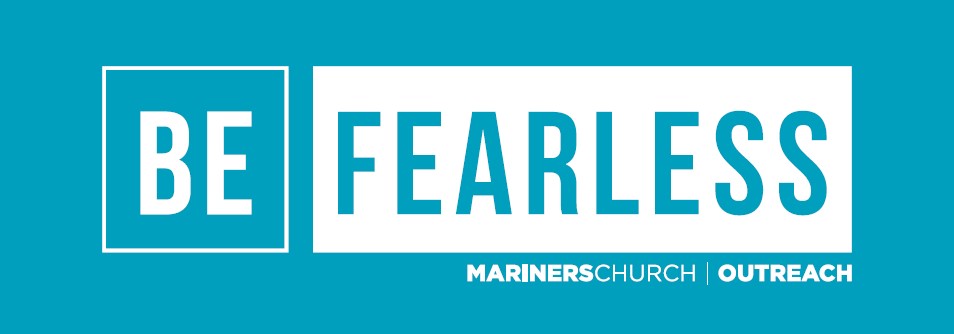Lean In // 5 minutes
What was a close encounter with a creature where you lived to tell the tale?
Leader Note: The question is designed to be fun although there may be some scary encounter stories! Use the question to transition to the story of Jonah.
Look Down // 10 minutes
Story Note: In the first three chapters, we learn how Jonah was sent by God to warn the people of Nineveh that God was going to judge them. Rather than go, Jonah chose to flee in the opposite direction, because the Assyrians were cruel and wicked. Jonah boarded a ship that was bound for the city of Tarshish when a great storm came in a time of the year that the storms do not happen. The sailors finally agreed at Jonah’s request to throw him overboard, and when they did a great fish, prepared by God, swallowed Jonah. After a period of three days and three nights, Jonah repented and obeyed the Lord. Then, Jonah came to the land of the Assyrians and pronounced God’s judgment upon Nineveh, and as a result the people of Nineveh repented at the preaching of Jonah and God spared the city. This is where we pick up chapter 4…
What do learn about Jonah?
Sample answers could include:
- He becomes angry that God did not destroy the Ninevites
- Jonah would rather have died than be a part of God reconciling Nineveh
- Jonah’s anger and bitterness clouded his vision
What do you learn about God’s nature?
Sample answers could include:
- God was patient with both Nineveh and Jonah
- God’s desire is to extend mercy rather than destruction
- God is gracious, compassionate, slow to anger, and abounding in love (v. 2)
- God has great concern for the lost and wicked
Commentary: Jonah had good reason to disobey and run from God’s command. The Ninevites were cruel and wicked and caused much pain and difficulty for Jonah and his people. However, as the passage tells us, Jonah was resistant not because the Ninevites were cruel and wicked, but because he knew God is a God of grace, compassion, slow to anger, abounding in love, and relents from sending destruction. This context is important to understanding Jonah’s motive for withholding grace and compassion from the Ninevites.
Look Out // 10 minutes
Where have you seen compassion extended to others? What does it look like?
Where have you seen compassion withheld? What keeps people from extending it?
Leader Note: In Israel’s story, God had extended compassion toward them, which included Jonah, but then Jonah was not as willing to extend it to the Ninevites. Help guide group members to specific examples and stories of where they have seen compassion extended and withheld.
Look In // 20 minutes
Who are the Ninevites in your life?
Leader note: In Jonah’s story, the Ninevites were people that caused hurt and pain for Jonah and his people. So, who are the people that have caused hurt and pain in our lives? As the leader, it will be helpful to have some examples and stories from your own life to help your group identify these people and places in their own lives.
What could it look like to extend compassion to them?
Leader note: Help group members find one or two tangible things they could do to move toward extending compassion. It could be as simple as saying a prayer or even initiating a conversation. The goal is to move toward an actionable step.
Live It Out // 5 minutes
Who might be impacted by extending grace to the difficult people and places in your life?
Key Verse: I knew that you are a gracious and compassionate God, slow to anger and abounding in love, a God who relents from sending calamity. – Jonah 4:2
Key Thought:
Click here for Life Group Serve Opportunities
Learn More About Flow Questions: Check out Kenton Beshore’s book Ask in the Irvine Campus Bookstore for more on the Flow Question model.
